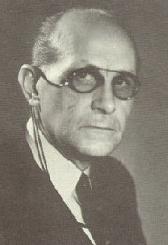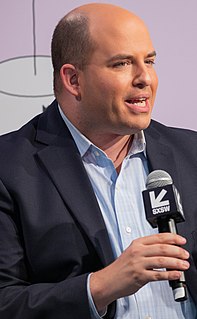A Quote by James Fenimore Cooper
A monarchy is the most expensive of all forms of government, the regal state requiring a costly parade, and he who depends on his own power to rule, must strengthen that power by bribing the active and enterprising whom he cannot intimidate.
Related Quotes
It is important to strengthen the State governments; and as this cannot be done by any change in the Federal Constitution (for the preservation of that is all we need contend for), it must be done by the States themselves, erecting such barriers at the constitutional line as cannot be surmounted either by themselves or by the General Government. The only barrier in their power is a wise government. A weak one will lose ground in every contest.
the greater the bureaucratization of public life, the greater will be the attraction of violence. In a fully developed bureaucracy there is nobody left with whom one can argue, to whom one can represent grievances, on whom the pressures of power can be exerted. Bureaucracy is the form of government in which everybody is deprived of political freedom, of the power to act; for the rule by Nobody is not no-rule, and where all are equally powerless we have a tyranny without a tyrant.
As long as we cling to the superstition that we must look to government for money supply, instead of requiring it to look to us, just so long must we remain the subjects of government and it is vain to follow this or that policy or party or ism in the hope of salvation. We can control government and our own destiny only through our money power and until we exert that power it is useless for us to debate the pros and cons of political programs.
It is unfortunately none too well understood that, just as the State has no money of its own, so it has no power of its own. All the power it has is what society gives it, plus what it confiscates from time to time on one pretext or another, there is no other source from which State power can be drawn. Therefore every assumption of State power, whether by gift or seizure leaves society with so much less power; there is never, nor can be, any strengthening of State power without a corresponding and roughly equivalent depletion of social power.
A constitution is not the act of a government, but of a people constituting a government; and government without a constitution is power without a right. All power exercised over a nation, must have some beginning. It must be either delegated, or assumed. There are not other sources. All delegated power is trust, and all assumed power is usurpation. Time does not alter the nature and quality of either.
Violent resistance against the power of the state is the last resort of the minority in its effort to break loose from the oppression of the majority. ... The citizen must not be so narrowly circumscribed in his activities that, if he thinks differently from those in power, his only choice is either to perish or to destroy the machinery of state.
The most successful of the Tartar princes assumed the military command, to which he was entitled by the superiority either of merit or of power. He was raised to the throne by the acclamations of his equals; and the title of Khan expresses, in the language of the North of Asia, the full extent of the regal dignity. The right of hereditary succession was long confined to the blood of the founder of the monarchy; and at this moment all the Khans, who reign from Crimea to the wall of China, are the lineal descendants of the renowned Zingis.
Some things the legislator must find ready to his hand in a state, others he must provide. And therefore we can only say: May our state be constituted in such a manner as to be blessed with the goods of which fortune disposes (for we acknowledge her power): whereas virtue and goodness in the state are not a matter of chance but the result of knowledge and purpose. A city can be virtuous only when the citizens who have a share in the government are virtuous, and in our state all the citizens share in the government.
I feel that if people investigate the emergence of government, of State power - if they examine the logic of State power historically, and more specifically in the United States - they will find that the concept of limited government is not tenable once they adopt some type of libertarian principle.






































